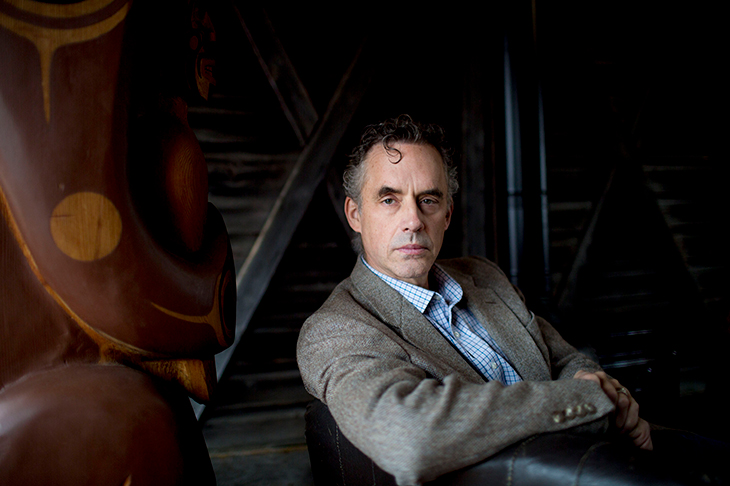In February last year, Spectator Life ran an article by Douglas Murray on the arrival of a new group of unorthodox thinkers who were challenging the dogmas of the authoritarian left. People who maintained, among other things, that there are fundamental biological differences between men and women, that free speech is under siege on campus and elsewhere, and that some aspects of western civilization — in particular, the values of the Enlightenment — are worth defending.
Murray’s list included Jordan Peterson, Ben Shapiro, Sam Harris, Christina Hoff Sommers: all members of what they jokingly referred to as the ‘intellectual dark web’ (IDW). When the New York Times’s Bari Weiss used the same moniker in an article about these thinkers a few months later, it entered the mainstream lexicon. The IDW went global.
Needless to say, this oddball collection of writers and broadcasters were immediately dismissed by the defenders of progressive orthodoxy as beyond the pale. A piece in the Guardian described the IDW as ‘the thinking wing of the alt-right’. Other left-wing commentators have said much the same, pointing out that most of its members are middle-aged white men — proof, apparently, that they want to withhold power from women and minorities. Peterson’s defense of the patriarchy is often cited as Exhibit A in the case for the prosecution.
Michael Shermer, the editor-in-chief of Skeptic magazine and a self-described ‘card-carrying member of the IDW’, decided to put these claims to the test. He teamed up with a couple of social scientists and devised a questionnaire that he sent to the 34 people most commonly linked to the group to find out where they stand on a series of wedge issues like gun control, abortion and free speech. I know this because I’m in that group of 34, thanks to my role as an associate editor of Quillette, an online intellectual magazine that Weiss described as ‘the publication most associated with this movement’. I also tick another of the boxes mentioned by Weiss: someone who’s been ‘purged from institutions that have become increasingly hostile to unorthodox thought’.
Before getting to the results of Shermer’s survey, it’s worth saying that only half the group bothered to complete it. But there’s no reason to think the 18 who did, of which I was one, are different to the 16 who didn’t. And it turns out, we’re not the goose-stepping fascists our critics would have you believe. True, 83 percent of us are male, 72 percent are white and 67 percent reported having a household income of $140,000 or above. But in spite of belonging to these suspect categories, most of us are liberals in the old-fashioned sense of the word. On social-cultural issues, 61 percent of us actually identified as ‘liberals’, 22 percent as ‘moderates’ and only 17 percent as ‘conservatives’. On various key policies, we broke down in a similar way, so 67 percent believe gun control is necessary, against 22 percent who think it’s not; 56 percent think abortion should always be a woman’s choice (22 percent strongly disagree); and 33 percent think income inequality is a serious problem, while 22 percent don’t.
The issue that commands the most consensus, not surprisingly, is free speech, with 89 percent of us agreeing it should always be allowed and 83 percent believing ‘people should be allowed to say and believe whatever they want, even if others think those words or beliefs are hurtful’. We’re also very respectful towards those who disagree with us, which is what you’d expect from a group committed to viewpoint diversity. More than half the respondents said they had a high tolerance for members of the political party opposite to them and wouldn’t mind if one of their children was going out with someone with diametrically opposed views.
What struck me on reading this is that most of us hold opinions that 70 years ago would have placed us to the left of the Overton window and 20 years ago would have put us squarely in the middle. But the shift to the left among the educated intelligentsia has accelerated so significantly in the past 10 years that it’s now commonplace to describe a group of ‘moderate secular liberals’ (Michael Shermer’s phrase) as ‘alt-right’ extremists. For the health of our democracy, we need to resist this Maoist intolerance and, for that reason, I’m setting up a membership organization for mavericks and dissenters — a kind of mass-market version of the IDW. If you’re interested in joining, email me at jsmillsociety@gmail.com.
This article was originally published in The Spectator’s UK magazine. Subscribe to the US edition here.



















